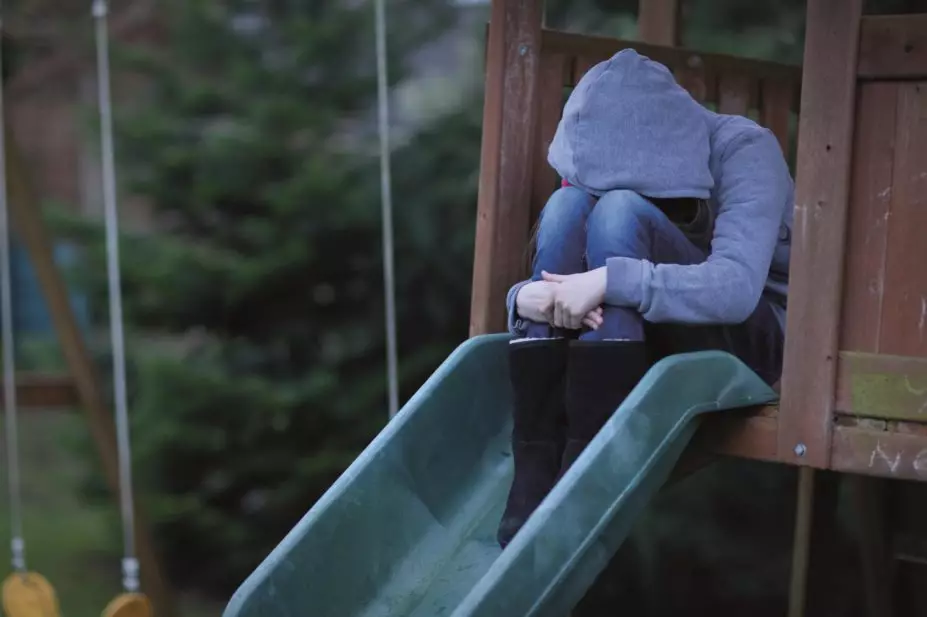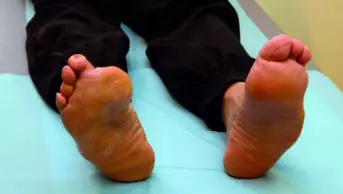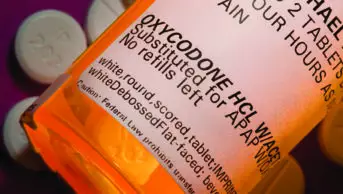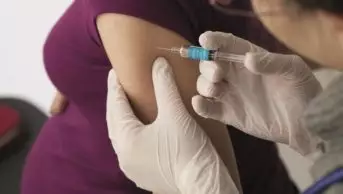
Elva Etienne / Alamy Stock Photo
Children and adolescents who take the most common antidepressants are twice as likely to experience aggression and suicide as those not exposed to the drugs, according to research published on 27 January 2016 in The BMJ
[1]
. But the researchers believe the true risk of all associated serious harms — including deaths, suicidal thoughts and attempts — is likely to be underestimated because antidepressant clinical trials are poorly designed and can be misreported.
“Our finding of the doubling of aggression in children and adolescents is novel,” say the researchers, led by Tarang Sharma from the Nordic Cochrane Centre in Copenhagen. “We suggest minimal use of antidepressants in children, adolescents and young adults, as the serious harms seem to be greater, and as their effect seems to be below what is clinically relevant.” Instead, they recommend exercise or psychotherapy as alternatives to antidepressants.
The researchers considered the serious harms associated with selective serotonin reuptake inhibitors (SSRIs) and serotonin-norepinephrine reuptake inhibitors (SNRIs). They carried out a systematic review and meta-analysis of 68 clinical study reports relating to 70 clinical trials for duloxetine, fluoxetine, paroxetine, sertraline and venlafaxine from European and UK medicines safety regulators. The researchers also considered the summary trial reports for duloxetine and fluoxetine from the website of drug manufacturer Eli Lilly.
The study, which involved data from 18,526 patients in total, tracked four outcomes — mortality, suicidality (including attempted suicide and suicidal thoughts), aggressive behaviour or akathisia, an extreme form of restlessness.
There was no significant increases in any of the four outcomes for adult patients, the researchers report. In children and adolescents, the risks of suicidality and aggression doubled, with odds ratios of 2.39 (1.31–4.33) for suicidality and 2.79 (1.62–4.81) for aggression.
The authors say their study is the first comprehensive review of randomised controlled trial data using clinical study reports for aggressive behaviour and akathisia. “[But], despite using clinical study reports, the true risk for serious harms is still uncertain,” they say. “The low incidence of these rare events and the poor design and reporting of the trials makes it difficult to get accurate effect estimates.”
The researchers also draw attention to the lack of access they had to data. “Clinical study reports are far more reliable than published trial reports, but even using these we were unable to unravel the true number of serious harms,” they say.
Young Minds, a charity for children and young adults with mental health issues, describes the findings as “deeply worrying”.
“It’s very concerning that some clinical trials have been misreported or poorly designed,” says Lucie Russell, the charity’s campaigns director. “Children and their parents must have solid and comprehensive information about the effects that antidepressants can have so they can make informed decisions about treatment.”
She adds that antidepressants should never be the only course of action when children experience mental illness; a holistic approach should be taken with a combination of therapies. “There may be specific circumstances where talking therapies alone are not effective and medication is needed, but it’s essential that data about medication is accurate and easy to understand and that research on antidepressants for young people is fully funded and prioritised as a matter of urgency,” she adds.
References
[1] Sharma T, Guski LS, Freund N et al. Suicidality and aggression during antidepressant treatment: systematic review and meta-analyses based on clinical study reports. BMJ 2016;352:i65 doi: 10.1136/bmj.i65


